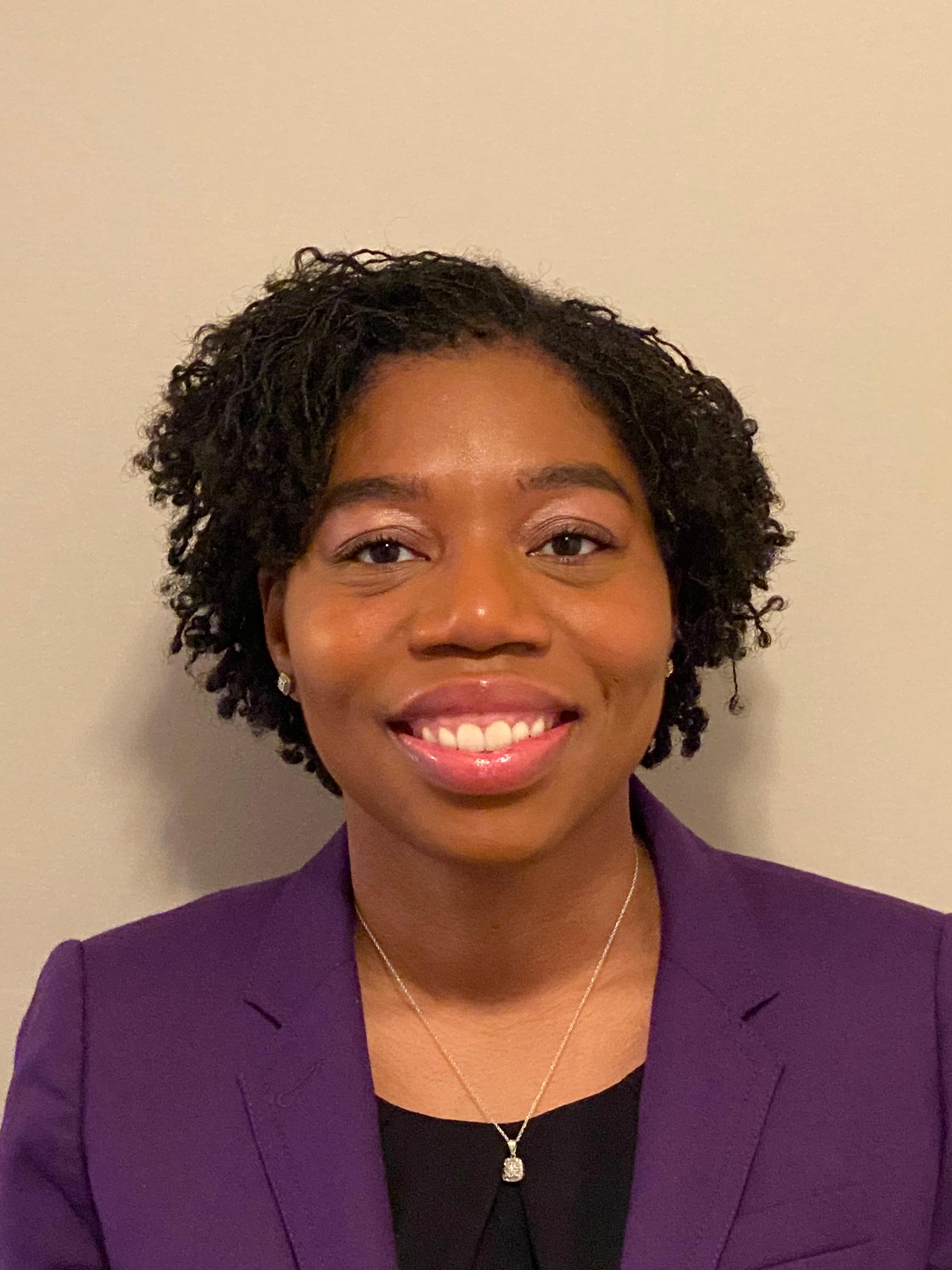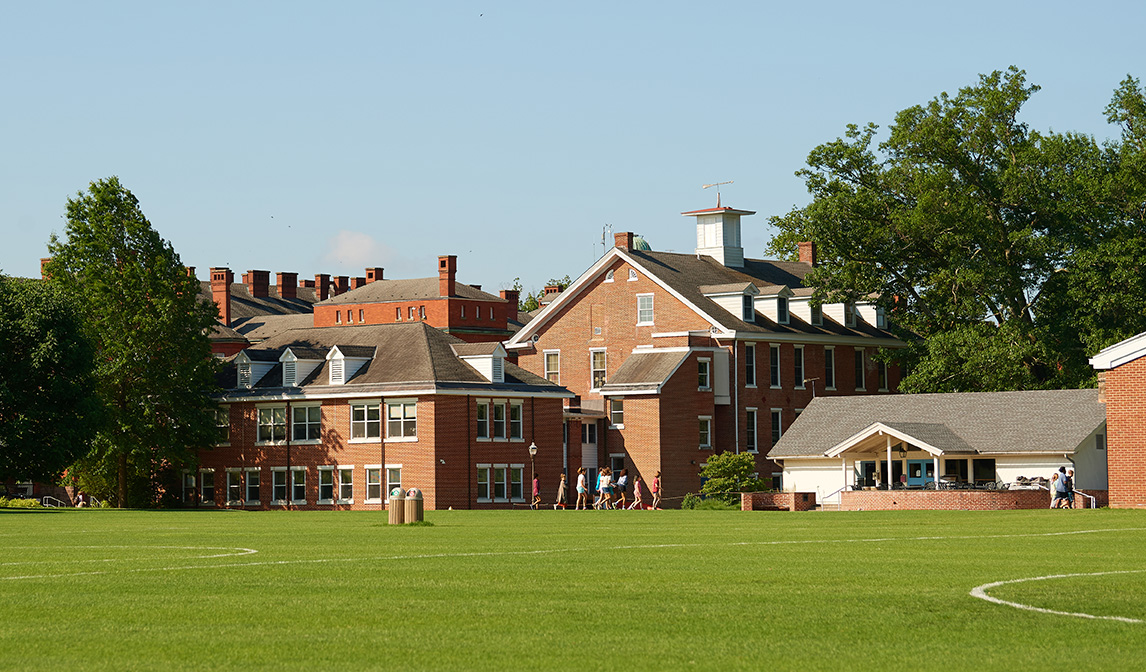I am what you call a Single Mother by Choice. I chose to intentionally have a baby without a partner using an anonymous donor. I had always been career-driven and at 29 years old, I knew that if I did not have a baby soon, I would forgo the idea altogether. For me, this was both the easiest and most difficult decision I had made in my life. It was easy because I knew I wanted to be a mom and did not need to wait for a partner to make this happen. It was a difficult decision because it would be life-changing and could not be taken lightly.
When it came down to getting pregnant, at every point in the process I encountered bias. First, when choosing a sperm bank, many of them turned me away. It turns out, sperm banks can choose to whom they sell sperm. I was single, Black, lesbian and many of the banks were not willing to sell sperm to LGBTQ+ individuals. Sperm banks on the East Coast who might agree to sell me sperm then required that I go through extensive psychological evaluations to prove that I would be a fit parent. I was rejected time and time again because I refused to push heteronormative ideologies on raising my child. Finally, I was able to find a sperm bank on the West Coast that catered to LGBTQ+ individuals. This was the first sperm bank I encountered where the paperwork was inclusive and where I did not have to jump through any extra hoops outside of what was normally required by the fertility clinic and the sperm bank.
Next, came what I thought would be the fun part: picking a donor. Being a Black woman, I knew I wanted a black sperm donor. Nope! After reading through the profiles, I realized that all the black men were athletes and had all the traits most Black women sought after when picking a partner. I did not want to have a linebacker’s baby, there were no average Joes in this lineup. Even if I wanted any of these donors, there was a waitlist for the sperm. It turns out —not surprisingly— that Black male athletes and white men with blonde hair, blue eyes are hot commodities on the anonymous sperm donor market. To be clear, I was not trying to create a designer baby. I just wanted a baby, and at this point, the only donor choices available were of southeast Asian descent. This did not bother me at all, I just wanted to birth a healthy baby. In the end, I chose a Filipino donor because he said he liked comic books and was an engineer.
Getting pregnant was the easy part. My first IVF transfer was a success. After I was transferred from the IVF clinic to my OBGYN at eight weeks along, I was quickly met with comments from the office staff of how ludicrous it was to choose to be a single mother. Early on in my pregnancy, I began to struggle with being pregnant and questioned whether I had made the right decision. These feelings amplified as I began to show. I was a pregnant, young-presenting Black woman, in a predominantly white area. Most people who did not know my story thought I was a teen mom or that I was a single mom because the baby’s dad walked out of my life. Even when I explained that my baby has a donor, not a dad, people assumed I used that term because I was bitter. The stares while out and the unwanted comments made being pregnant an unpleasant experience.
After giving birth, the biased comments continued. My daughter was born with fair skin and blue eyes. Most people thought I was her nanny. When I would reply, “She is my daughter,” I would be met with silence. It was not until my daughter’s bi-racial features started to become more prominent that women would want to make small talk with me. These conversations were always centered around my daughter’s hair or questions about her nationality. The fetishization and fascination of her exotic appearance began at only a few months old. It was gross. At this point, I also realized that my daughter would have “light-skin privilege,” a term coined in the Black community. People’s romanticized view of her has only gotten worse as she has gotten older. I always wondered if people saw my daughter for who she is, rather than her fair skin and “good hair.” On the other hand, I know that carrying this privilege will help her assimilate into white spaces and institutions more easily since she will be perceived as more desirable and less threatening. I know my daughter will be judged far less for her skin tone than Black individuals with darker complexions — and this is difficult for me to unpack. The truth of the matter is that colorism exists in and outside the Black community. This systemic bias dates back to the origins of slavery when darker skin blacks were forced to perform manual labor while lighter skin blacks were house slaves. Colorism is an unspoken truth that complicates many communities of color.
Regardless of the biases, I have encountered, I do not regret becoming a single mother by choice! This decision has changed the trajectory of my entire life and I love being a mom. There are times when I mourn the idea of a nuclear family, especially around Mother’s Day. There are also times when I thought I sabotaged my child’s dreams of ever experiencing what a “traditional” family is. But these thoughts are very few and far between. I know my child is being raised in a loving family. There is no one size fits all for what a family should look like. I do not believe my child is lacking anything by not having a second parent. I know there are folks out there who are struggling to become pregnant and start a family, so I must thank God and count my lucky stars that my journey was successful. Regardless of the bad experiences and lessons learned along the way, I am grateful. For me, this is motherhood reimagined.



_%2041-72.jpg)
